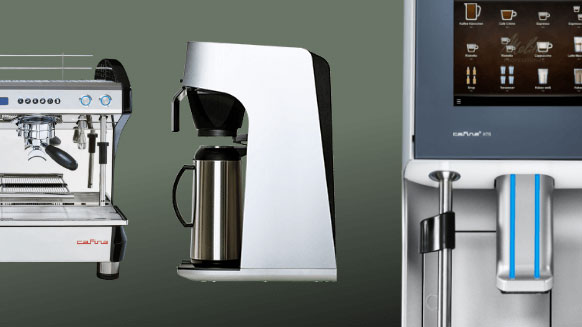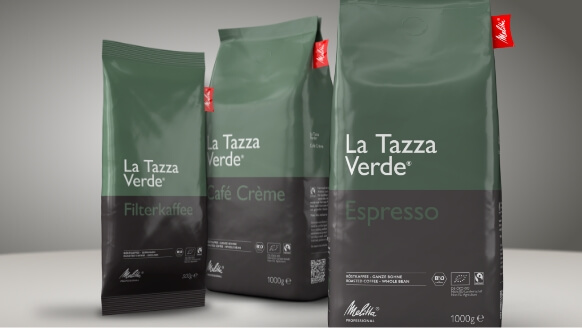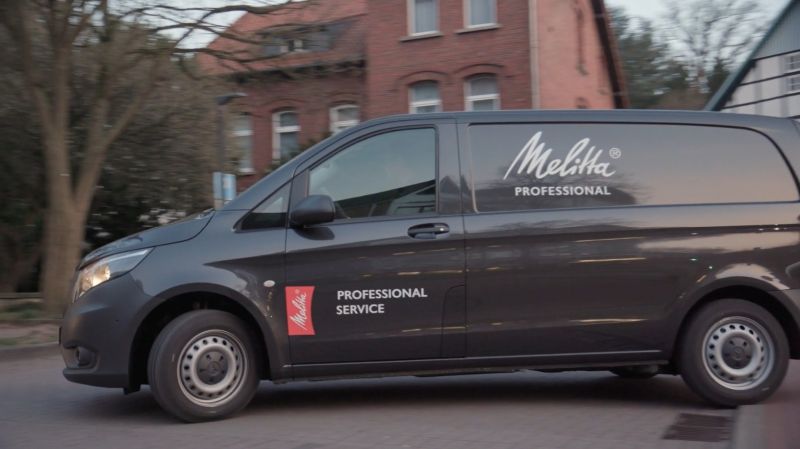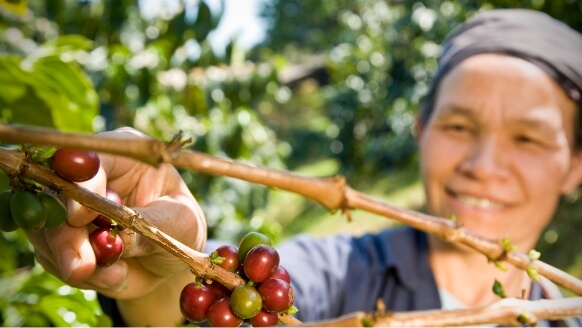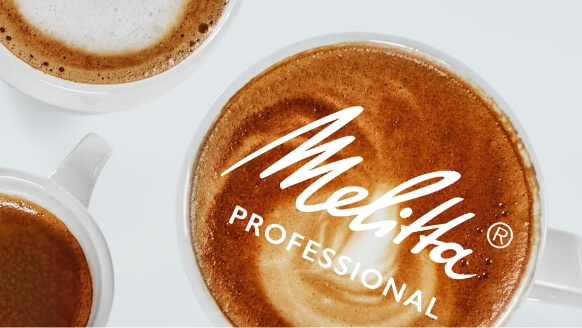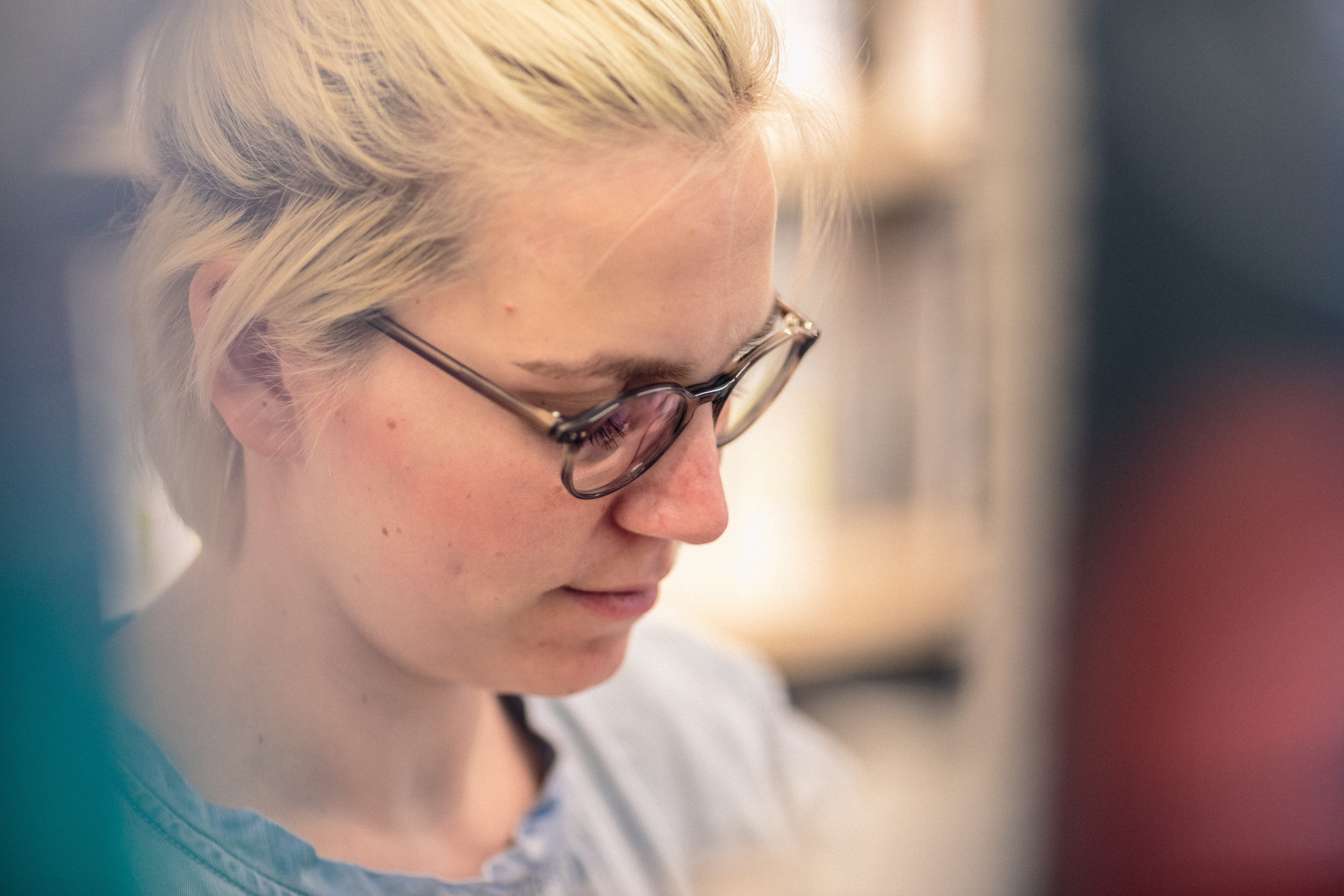First woman on the throne
Erna Tosberg on the World Barista Championship 2018
Congratulations Agnieszka Rojewska! The multiple Polish champion is the first woman to win the World Barista Championship.
In late June 2018, the coffee world converged on Amsterdam in the Netherlands as The World of Coffee trade show played host to the World Barista Championship. 56 national champions were invited to demonstrate their skills and expertise in preparing and serving various coffee drinks. The new World Champion from Poland, Agnieszka Rojewska, made history by becoming the first woman to win the title in 19 years of WBC events.
The route to the final
And this is how the World Championship works: each of the participants – who all qualified by winning their respective national barista championships – compete in the preliminary round in which they prepare four espressos, four milk beverages and four signature beverages during a fifteen minute presentation with subsequent tasting and evaluation by a jury of experts.
The 15 participants with the highest total score and the winner of the “wildcard” then give a further presentation in the semi-final – without considering their scores from the preliminary round. This year, the following countries made it to the semi-final: Switzerland, Canada, the Netherlands, Poland, Greece, New Zealand, Australia, Sweden, Russia, Malaysia, Japan, USA, Thailand, South Korea, the UK, and Singapore.
The top six baristas of the semi-final then go head-to-head in the final round, where they once again demonstrate their prowess in the hope of picking up the ultimate prize. The finalists in Amsterdam were: Agnieszka Rojewska from Poland, Lex Wenneker from the Netherlands, Mathieu Theis from Switzerland, Michalis Katsiavos from Greece, Cole Torode from Canada, and John Gordon from New Zealand.
Strong European showing
One of the surprises of this year’s event was that Europe had four participants in the final, while traditionally strong countries like the USA, Australia and all Asian countries failed to make the cut.
The coffees used by the participants came primarily from Ethiopia, Panama, Costa Rica and Colombia. In some cases, they had been treated using new experimental methods, such as “carbonic maceration”, “lactic acid fermentation” etc., which aims to control fermentation of the coffee during post-harvest processing in order to produce particularly clear, clean and complex coffees with easily identifiable flavor profiles.
Experiments were also made with the milk used for the milk beverages. The WBC rules and regulations state that cow’s milk must be used, which is foamed using the steam lance of the sponsor’s espresso machine. However, as participants are free to pre-treat the milk, it was partially frozen, treated with ultrasound, or mixed with different varieties or fat contents with the aim of serving the sweetest and creamiest milk beverages.
Many of the presentations focused on guest service as well as the barista craft itself. Another popular trend was the idea that coffee beverages could be perceived differently if augmented by other sensory inputs, such as haptic, visual or acoustic elements. For example, the jurors were asked to feel different fabrics, look at different colors, or even listen to music on headphones while tasting the beverages.
The new world champion
Agnieszka Rojewska from Poland succeeds the Brit Dale Harris as the new world champion. Not only is she an extremely dedicated and ambitious barista, she also has extensive championship experience. The four-time Polish SCA Latte Art winner (2014, 2016, 2017, 2018) and three-time Polish SCA Barista champion (2015, 2016, 2018) achieved an outstanding third place finish at the Latte Art World Championship in 2017 and already won the London Coffee Masters this year before crowning her achievements with the world championship title.
She presented an Ethiopian coffee, which had been treated using the “carbonic maceration” method. The theme of her presentation was how to carefully guide café guests toward specialty coffees, which is why she opened with a milk beverage intended to make the jurors “curious” about the Ethiopian espresso it contained. The tactile perception of the espresso was supported by haptic elements, for example by asking the jurors to feel a soft wooden ball during the tasting. For her signature beverage, Aga used “washed milk” – a trend from the bar scene – which in this case also referenced the treatment of the beans.
The coffee used by Agnieszka was roasted by the Australian company Ona, whose owner – the Barista World Champion 2015, Sasa Sestic – also assisted Agnieszka during her training for the competition.
The award ceremony was a highly emotional moment for all present – not only because history had been written, but also because Agnieszka fully deserved her victory.
All scores can be viewed here: https://worldbaristachampionship.org/full-scores-released-for-the-2018-world-barista-championship-in-amsterdam/
The presentations can be seen here: https://worldbaristachampionship.org/world-barista-championship-amsterdam-2018/
